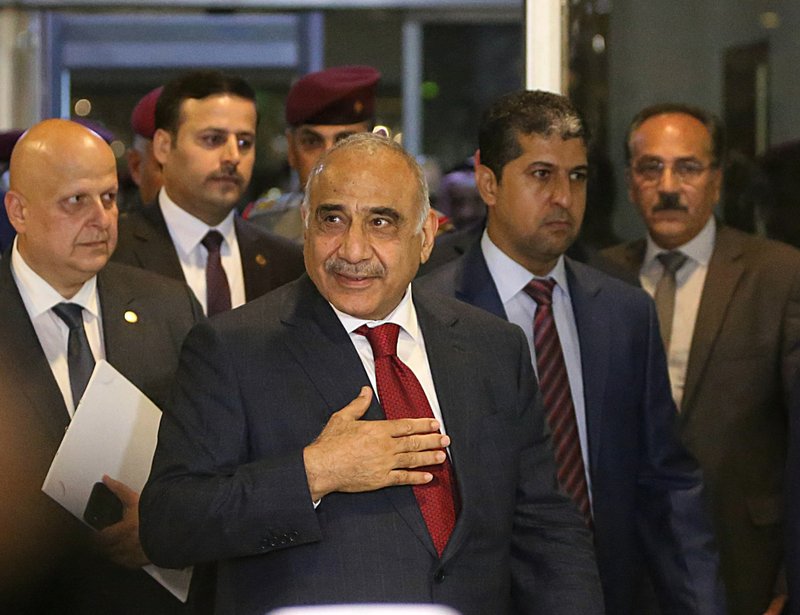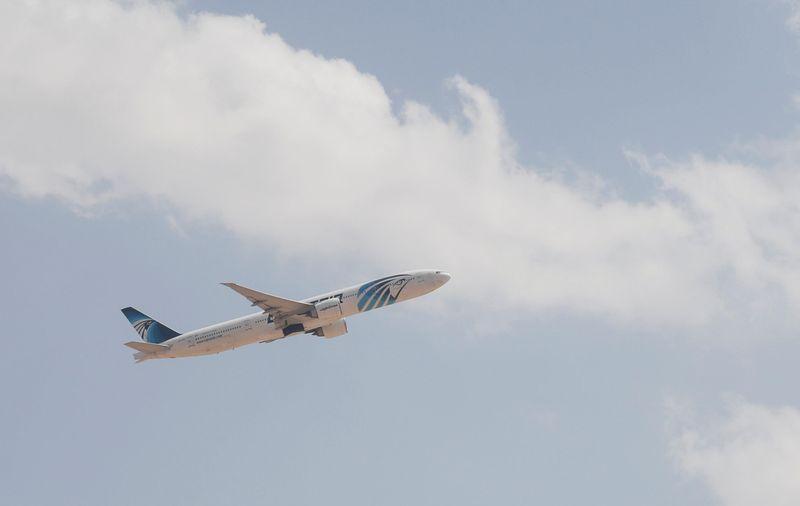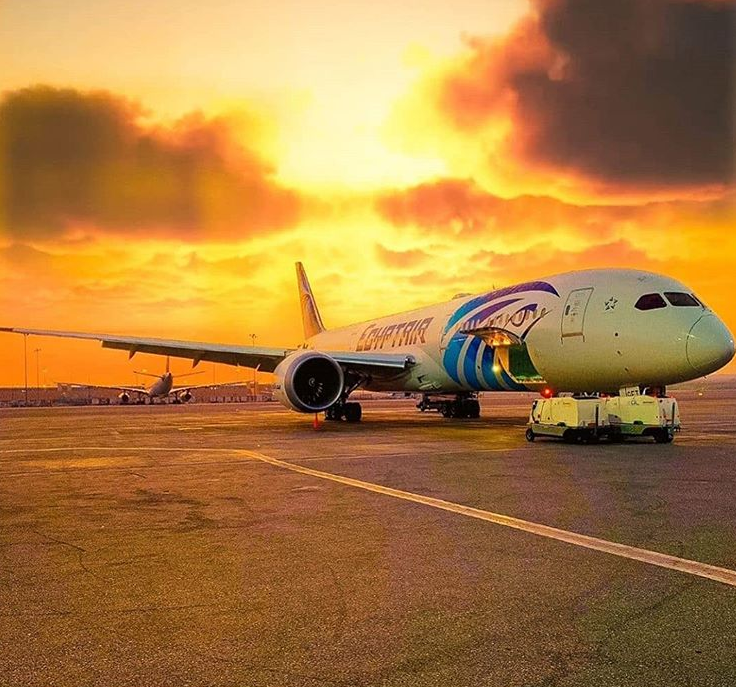
BAGHDAD (AP) — Iraq’s government has agreed “in principle” on a long-anticipated oil-sharing deal with the northern Kurdish region, officials said on Monday.
The agreement comes amid weeks of anti-government protests threatening the continued rule of Prime Minister Adil Abdul Mahdi, who is seen as friendlier to the Kurds than previous leaders.
Two Iraqi government officials say the Kurds agreed to contribute 250,000 barrels per day of oil to the federal government by the start of next year in return for a greater share of the federal budget, which they will use to pay public sector salaries and other expenses.
The decision was made in a meeting chaired by Finance Minister Fuad Hussein, attended by Oil Minister Thamir Ghadhban and a visiting delegation from the Kurdish region.
The officials say the deal, which has been in the works for months, will be the main pillar of a broader agreement to address longstanding political issues such as revenue-sharing, territorial disputes and military cooperation.
“We will sort out these issues as we go,” one official said. “But this will be the main foundation of a broader political agreement.”
The officials spoke on condition of anonymity because they were not authorized to brief media.
The Kurds’ independent oil policy has been a source of friction with the federal government for over a decade. The central government says independent oil exports are unconstitutional and has cut the annual budget allocation for the region as punishment.
But relations have improved under Abdul Mahdi, who assumed office last year. For the first time ever, the 2019 budget provided the Kurds with funds to pay civil servants even without oil transfers.
The agreement, which will be refined in technical meetings in the coming weeks, comes at a fraught time, following weeks of anti-government protests in Baghdad and across southern Iraq. At least 340 people have been killed and thousands have been wounded since Oct. 1.
The Kurds may have been eager to make a deal with Abdul Mahdi, an ally who is facing mounting calls to resign.
“The deal was struck because the Kurds see Adel as a partner they can trust,” one of the officials said.
Reporting by Samya Kullab
Image: Prime Minister Adil Abdul Mahdi, center, arrives to the parliament building, in the heavily guarded Green Zone, in Baghdad, Iraq, on Oct. 24, 2018 (AP Photo/Hadi Mizban)




